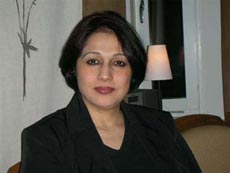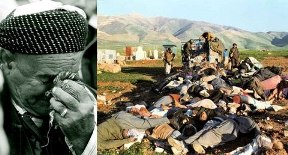Secretary General of Habilian Association dismissed as wrong the US policy towards MKO which resulted in overstaying their welcome in Iraq.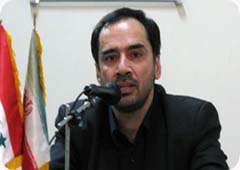
Seyed Mohammad Javad Hasheminejad made the remarks in an interview with Basirat correspondent.
“MKO’s close alliance with Saddam Hussein in suppressing the Iraqi people has always persecuted the Iraqi people and broke their national pride,” he added. “Following the US-led invasion of Iraq and MKO’s cooperation, the Iraqi’s national pride has broken more than before.”
Referring to the Iranian terror victims who fell victim to the terrorist acts of MKO, Seyed Mohammad Javad Hasheminejad said the damages MKO members have brought to Iraq were twice more than the amount they have brought to Iran.
“Accordingly, their presence in Iraq shouldn’t have lasted long. If they are now existing in Iraq, that is because of the US’ direct and indirect supports for the terrorist group,” he said.
MKO members gave a cold shoulder to the UN warnings regarding the MKO’s presence in Iraq, leading to the increased anti-MKO attacks by Iraqi people like the one occurred earlier in October.
“Among the dead were senior members of the MKO such as Hossein Abrishamchi, one of the torturers of the MKO group.” “He abducted two IRGC members and a 17-year-old Basiji and tortured them in the most brutal way. He killed them after a series of brutal tortures including peeling off their scalp.”
He added that the western countries want to keep MKO members in Iraq because of two reasons: First, the western countries and the US use this group for implementing their terrorist purposes. MKO has a history of cooperation with Saddam for 20 years, and US needed their experience in Iraq for conducting terrorist acts. Second, the US could use MKO to create some problems for the Islamic Republic of Iran, like what they did in killing Iranian nuclear scientists.
Hasheminejad finally noted that since the MKO members are like a virus spreading terrorism, the Americans are going out of their way to keep them in Iraq.

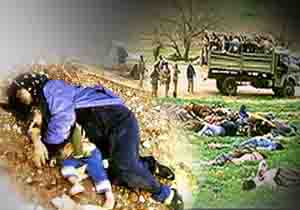 also after Saddam at the hands of US-led Western governments who are more concerned with access to the regional oil resources and with perceived strategic interests other than human welfare and also by extremist groups taking over parts of the country . Although the government of Iraq is trying hard to stabilize the country it still has problem confronting terrorists.
also after Saddam at the hands of US-led Western governments who are more concerned with access to the regional oil resources and with perceived strategic interests other than human welfare and also by extremist groups taking over parts of the country . Although the government of Iraq is trying hard to stabilize the country it still has problem confronting terrorists.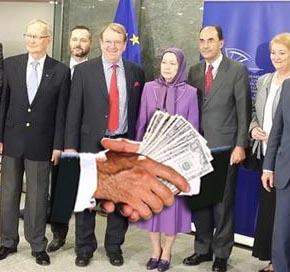
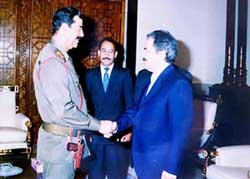 mer Iraqi president, Saddam Hussein, pointing out that support for this organization by several Jordanian MPs stems from their loyalty to Saddam Hussein.
mer Iraqi president, Saddam Hussein, pointing out that support for this organization by several Jordanian MPs stems from their loyalty to Saddam Hussein.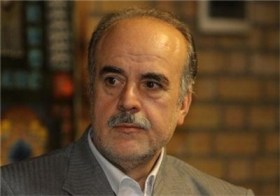 authorities can refer to the neighboring Iran as a role model to fight terrorist groups, like Mojahedin-e Khalq Organization (MKO).
authorities can refer to the neighboring Iran as a role model to fight terrorist groups, like Mojahedin-e Khalq Organization (MKO).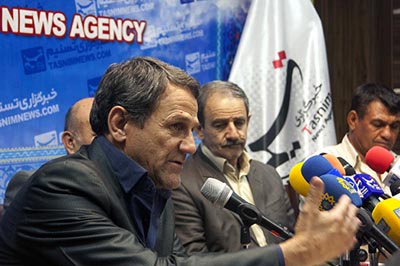 ed war provided them with the chance.
ed war provided them with the chance. the notorious group.
the notorious group.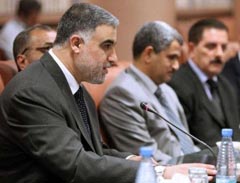 Iran’s Mehr news agency today reported that “the Minister of Justice Morteza Bakhtiari, announced during their meeting that four memoranda of understanding with the Iraqi side had been signed. The first three memoranda of understanding, on judicial cooperation in civil affairs and human rights, on judicial cooperation in criminal cases, and the extradition and transfer of convicts, as approved by parliament, and a fourth memorandum of understanding covering the transfer of convicts which remained, awaiting authentication by the Islamic Shura Council.”
Iran’s Mehr news agency today reported that “the Minister of Justice Morteza Bakhtiari, announced during their meeting that four memoranda of understanding with the Iraqi side had been signed. The first three memoranda of understanding, on judicial cooperation in civil affairs and human rights, on judicial cooperation in criminal cases, and the extradition and transfer of convicts, as approved by parliament, and a fourth memorandum of understanding covering the transfer of convicts which remained, awaiting authentication by the Islamic Shura Council.”